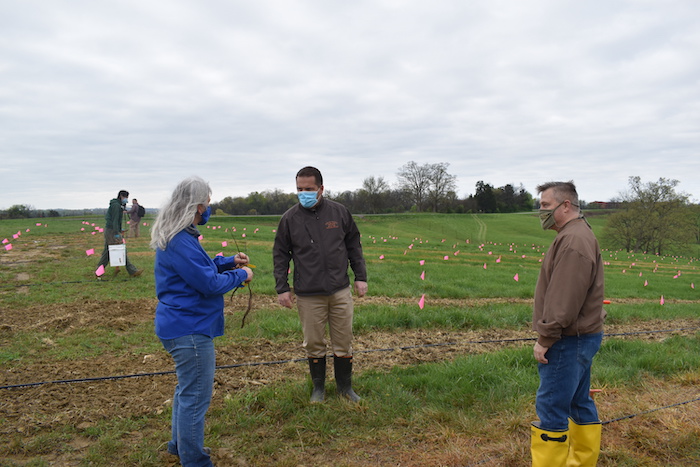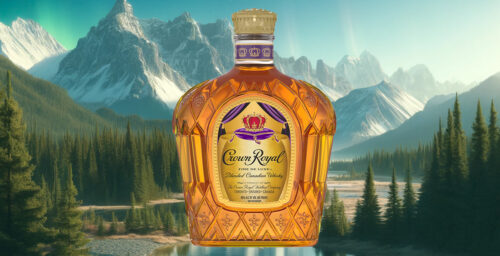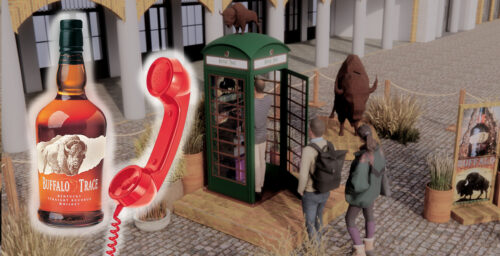Buffalo Trace and the University of Kentucky recently teamed up to work on a 15-year research project on white oak tree planting.
The study, which is a part of the White Oak Initiative, looked at the genetic response of trees from various regions to different white oak forest establishment techniques in a rural field application. It kicked off with planting of 1,066 trees on the farm at Buffalo Trace April 12.
Officials from both the distillery and the University of Kentucky helped volunteers plant the seedlings from 40 different parent trees from Arkansas, Georgia, Kentucky, Maryland, Missouri, North Carolina, South Carolina, Tennessee and Virginia.

“We’re excited to partner with UK on this project. It’s important that we look towards the future and how we can contribute to the sustainability of the white oak industry. The project will also assess the cost per board foot required to maintain a sustainable supply of new white oak long into the future,” said Dennis Walsh, homeplace manager, Buffalo Trace Distillery, in a prepared statement.
Over the next two years, new seedlings will be planted across multiple states. Officials say they hope to have more than 104 different seed sources planted.
White oak trees that were planted at Buffalo Trace will help to inform on the best practices for establishing white oak seedlings. This will be critical to the success of massive white oak genetics and tree improvement efforts.
The plan uses six different establishment technique variations for the plantings at the distillery. These include tilling with cover crop of orchard or winter wheat, use of herbicide, planting directly into the fescue, and various irrigation methods for each technique.
University of Kentucky Jeffery Stringer, Professor and Chair, Department of Forestry and Natural Resources, agreed, stating “This research project is vital to ensure success of our genetic and tree improvement efforts aimed at ensuring conservation of our white oak resources, not only for the economic future of the distilled spirits industry, but also the ecological benefits white oak adds to the forests and to human life.”
Buffalo Trace said it is considering adding tours at its farm in the future. Long term, they may be able to use some of the oak trees it has planted for future barrel experiments.







